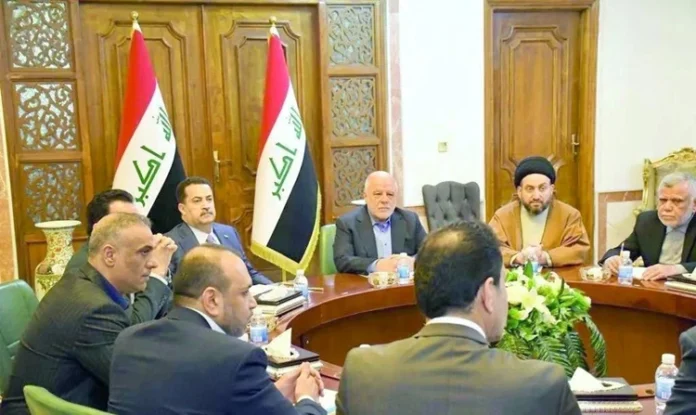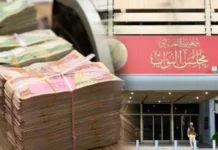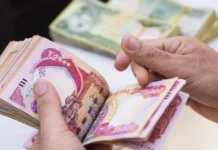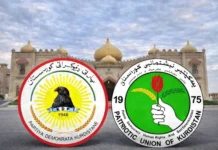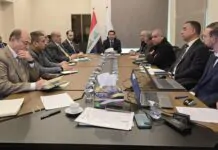Coordination Framework Remains Key to Iraq’s Next Government Formation
Despite differing views and some uncertainty about Iraq’s new political map, all major parties agree on one thing: the next government should emerge from the Coordination Framework, not from any party outside it.
Some analysts predict the formation process could be challenging and time-consuming, but the goal remains the same—an agreed-upon government backed by the Framework’s political forces.
Election Results Clarify Political Weights
MP Mukhtar al-Moussawi told dinaropinions.com that the preliminary results of the November elections have clarified the political balance, both for the Coordination Framework and for Sunni, Kurdish, and Turkmen forces.
“Consultations have already begun after the results were announced,” he said, “with preliminary meetings to map out understandings and alliances that will guide the formation of the next government.”
Al-Moussawi added that forming the government won’t be easy, noting existing disagreements among the political forces. He estimated the process could take five to six months, though this may be shorter if parties quickly resolve their differences.
Coordination Framework Shows Unity
Political analyst Ibrahim Al-Sarraj told Al-Maalouma that the Coordination Framework is committed to forming the new government. While minor disagreements over positions may arise, they are expected to be resolved based on each bloc’s political weight.
“The Framework has established agreed-upon foundations and criteria,” Al-Sarraj explained, “which makes it possible to form a government that could be stronger and more effective than its predecessors.”
He emphasized that the political majority is determined to overcome disputes to move forward with the government formation process.
Consensus Across Political Components
Independent politician Abbas al-Maliki noted that all election participants share a unified vision: expedite the formation of the government and maintain the stability of state institutions.
“The current disagreements aren’t paralyzing and can be resolved through dialogue,” al-Maliki said. He highlighted that Shiite, Sunni, and Kurdish components all agree on the same goal—continuing the political process and ensuring national stability.
Al-Maliki added that this convergence reflects political maturity and a collective desire to strengthen Iraq’s governance and maintain institutional continuity.
